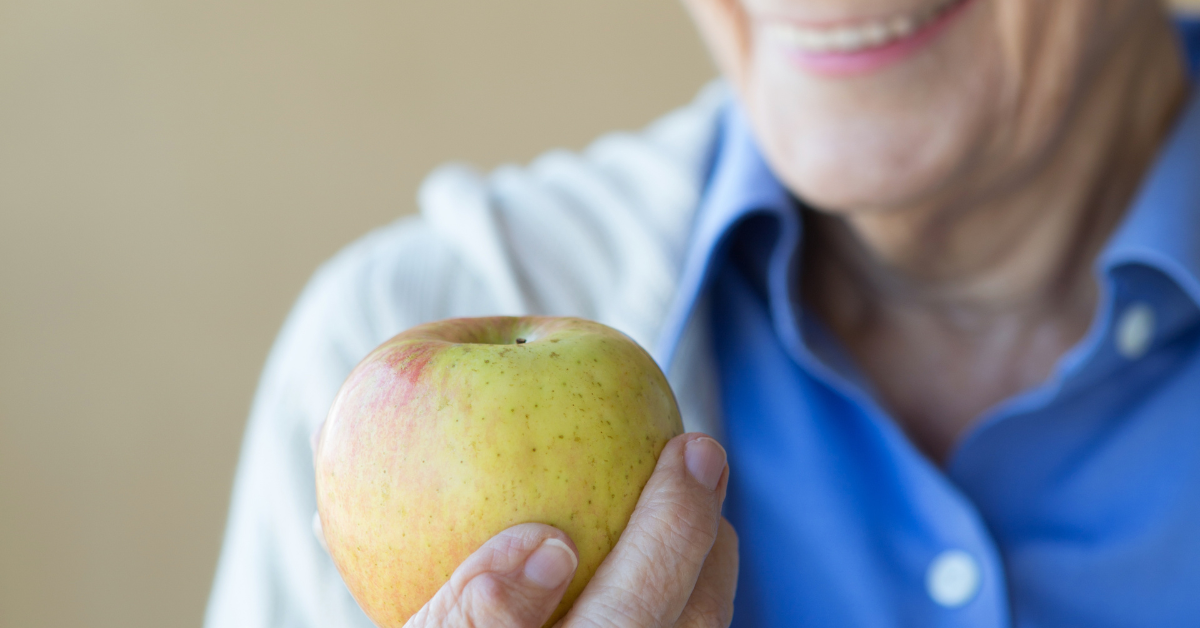Eating well means having the pleasure of savoring various meals that not only provide you with all your needed nutrients but also ensure a healthy weight.
You can begin eating healthily at any time, and it doesn’t have to be dull or costly! The Eatwell guide displays how much of your total meals should come from each food group.
There’s no need to give up your favorite treats; you just have to be mindful of how much and when you consume them. Eating a healthy, balanced diet is the key – it incorporates all foods in moderation.
What are the best foods to stay healthy ?
Fruit and vegetables
A variety of vitamins, minerals, and dietary fibers can be found in fruit and vegetables. Studies demonstrate that individuals who consume a plentiful amount of these items are less susceptible to develop cancer or cardiovascular diseases.
Each day, strive to consume a minimum of five servings of fruits and veggies that vary in color. They can be fresh, canned or frozen – the choices are endless!
A portion generally corresponds to the amount you can comfortably hold in your hand, such as two satsumas, three apricots, an apple or a banana.
Beans, pulses, fish, eggs, meat and other proteins
These nutrient-packed foods are filled with essential proteins, minerals and vitamins that can help your body heal after a surgery or injury.
Rather than consuming meat daily, try incorporating a variety of alternatives – such as eggs, legumes, lentils or Quorn and tofu based products – into your diet.
Integrating oily fish into your diet twice a week could significantly reduce the risk of cardiovascular disease, as well as providing you with beneficial doses of vitamin D. Salmon and sardines are both excellent sources of this type of fat – try adding them to your regular meals!
Potatoes, bread, rice, pasta and other starchy carbohydrates
Reap the benefits of vital nutrients and energy with wholegrain foods such as brown rice, whole wheat bread or pasta. B vitamins, minerals, and fiber found in these options can help ward off constipation while providing your body with a multitude of essential components for well-being.
Dairy and alternatives
Consuming foods with protein and vitamins can help you keep your bones strong. Opt for lower-fat versions, such as semi-skimmed milk, half-fat cheese and low-fat paneer to reap the most benefits of calcium without sacrificing taste!
Oils and spreads
While we require some fat in our diets, it should only be a minimal amount. Pay attention to the type of fat used in your food such as oil and spreads. Consuming too much saturated fats can raise the chances of heart disease, however foods containing unsaturated fats may help diminish that risk. Furthermore, omega-3 fatty acids provide protection against heart diseases so ensure these are included in your diet!




